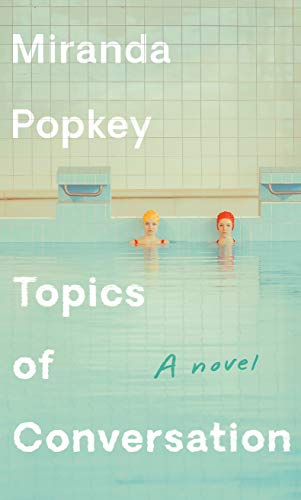What do you think?
Rate this book


162 pages, Kindle Edition
First published January 7, 2020

"I didn't know her that well, this ten-ant, this not-girl, this woman, but she was slightly older and very beautiful and she carried herself like she was one body, a whole, not a collection of dis-jointed limbs, and for this reason I believed her to be very intelligent and I was in awe of her and a little bit in love with her and also I loathed her, not furiously or passionately but attentively, careful to keep the flame of— it wasn't quite hatred; something closer to envy, something tinged with lust— anyway, whatever flame I was nurturing I was nurturing it with care, so that, on this night as on all nights, it was burning fierce."
“Remarkable how hard it is for women to admit they’re angry. Not annoyed or upset or irked or miffed or any sentiment that might be captured in a text message that ends in a series of exasperated question marks. Angry.”
“There is, below the surface of every conversation in which intimacies are shared, an erotic current. Sometimes this current is so hot it all but boils and other times it’s barely lukewarm, hardly noticeable, but always the current is present, if only you plunge your hands just an inch or two farther down in the water. This is regardless of the gender of the people involved, of their sexual orientations. This is the natural outcome of disclosure, for to disclose is to reveal, to bring out into the open what was previously hidden. And that unwrapping, that denuding, is always, inevitably sensual. Nothing binds two people like sharing a secret.”
“The point is, who cares about understanding why. The point is there is no reason. No one has a plan for you and your life doesn’t have a soundtrack, it’s just a series of”—she shrugged—“accidents and split-second decisions and coincidences and demographics, where you live and when you were born and who your parents were and how much money they had.”